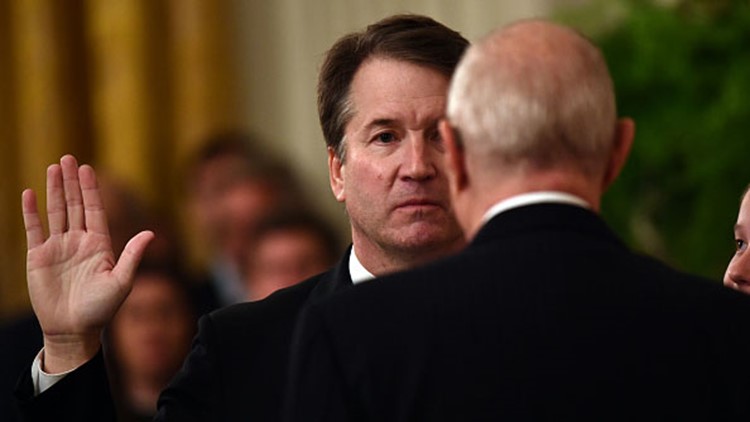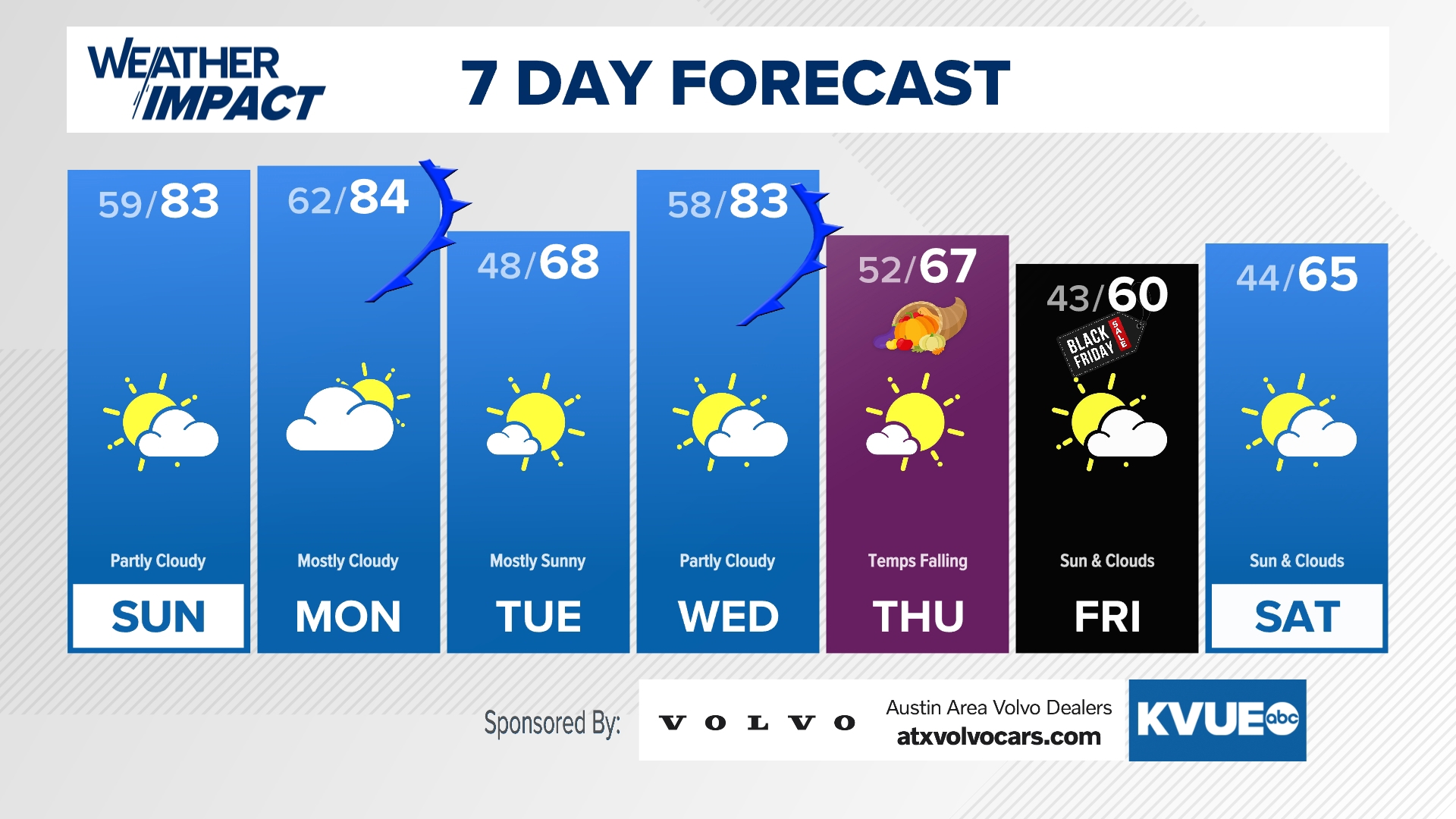WASHINGTON — Newly minted Supreme Court Justice Brett Kavanaugh didn't have to pinch himself Tuesday as he took his seat for the first time. There was enough pinching at the other end of the bench.
Three days after his Senate confirmation as the nation's 114th justice, Kavanaugh played an active role during his first two oral arguments. He questioned lawyers on both sides about Supreme Court precedents. He apologized at one point for interrupting, which the justices do with regularity. In general, he fit right in.
But Kavanaugh's new colleagues stole the show, play-acting their way through two cases dealing with states' applications of a federal law that requires tougher sentences for gun crimes committed after three "serious" or "violent" felonies.
Chief Justice John Roberts recounted gripping a dollar bill and having each of his law clerks try to pull it out of his hand, to see if it could qualify as an act of violence.
"It requires a lot of force, more than you might think," Roberts said.
Associate Justice Samuel Alito asked whether shoving, grabbing and pinching met the law's requirement for physical force. That got Associate Justice Sonia Sotomayor wondering whether an "ordinary" pinch causes pain. She appeared to pinch Associate Justice Neil Gorsuch to illustrate.
"Is that sufficient force?" she asked Brenda Bryn, the lawyer for Denard Stokeling, who risked receiving a 15-year sentence under the federal Armed Career Criminal Act because of a prior unarmed robbery conviction.
Gorsuch looked bemused but not pained.
Kavanaugh looked right at home. For his first two hours on the high court bench, the conservative, 12-year veteran of the U.S. Court of Appeals for the District of Columbia Circuit laughed alongside liberal Associate Justice Elena Kagan, who first hired him to teach constitutional law at Harvard Law School when she was dean.
As a crowded media section watched his every move, Kavanaugh listened intently. He put on his glasses and took them off. He did not rock back lazily in his leather chair, as some of his colleagues regularly do.
Sitting in a special section of the courtroom for distinguished guests were his wife, Ashley Estes Kavanaugh, and young daughters, Margaret and Liza. Kavanaugh's parents, Martha and Ed, sat in the main gallery.
The two routine criminal law cases were a far cry from the theatrics of the past three months, and in particular the past three weeks. Kavanaugh, 53, President Donald Trump's second Supreme Court nominee after Gorsuch last year, had to overcome accusations of sexual assault and misconduct from his high school and college days to win Senate confirmation by a narrow 50-48 vote.
There were no protesters in the courtroom, as there had been in the Senate Judiciary Committee and the Senate chamber during his confirmation hearing, when he angrily denied the accusations, and the final vote. About 40 female protesters of all ages greeted Kavanaugh when he arrived at the court's back entrance early Tuesday morning.
His welcome inside the courtroom was an improvement.
"Justice Kavanaugh, we wish you a long and happy career in our common calling," Roberts said. At his age, Kavanaugh could serve 30 or more years.
Kavanaugh might have been new to the court, but the issues in both cases were old hat. The justices must deal regularly with the federal gun crimes law because it kicks in when defendants have three prior felonies, but states define those crimes differently.
The first case involved a Florida man arrested for burglary in 2015. He had three 1997 felonies on his record, including the one for unarmed robbery. In Florida, robbery does not need to include violent force.
That set the justices to wondering how much force should be necessary. Some were concerned that the higher threshold Stokeling seeks would exempt crimes that actually hurt people.
"From personal experience, if you tap an injured shoulder, it could cause injury," said Sotomayor, who underwent shoulder replacement surgery in April.
Other justices worried that the lower standard backed by the federal government would subject purse-snatchers, shoplifters and pickpockets to 15-year prison sentences if they committed a single crime with a gun.
Kavanaugh's questions focused more on Supreme Court precedent, a subject that came up often during his confirmation hearing last month. At the time, he said long-standing precedents such as Roe v. Wade, which legalized abortion nationwide in 1973, deserve considerable deference.
In the second case, the question was whether burglary of a mobile structure, such as a recreational vehicle, should count as a prior felony offense. In Tennessee and Arkansas, burglarizing a building counts, but burglarizing a car does not.
Kavanaugh appeared to be on the federal government's side. "If you're convicted three separate times of breaking into an RV ... you would be on some notice that you shouldn't be possessing a firearm under federal law," he said.



